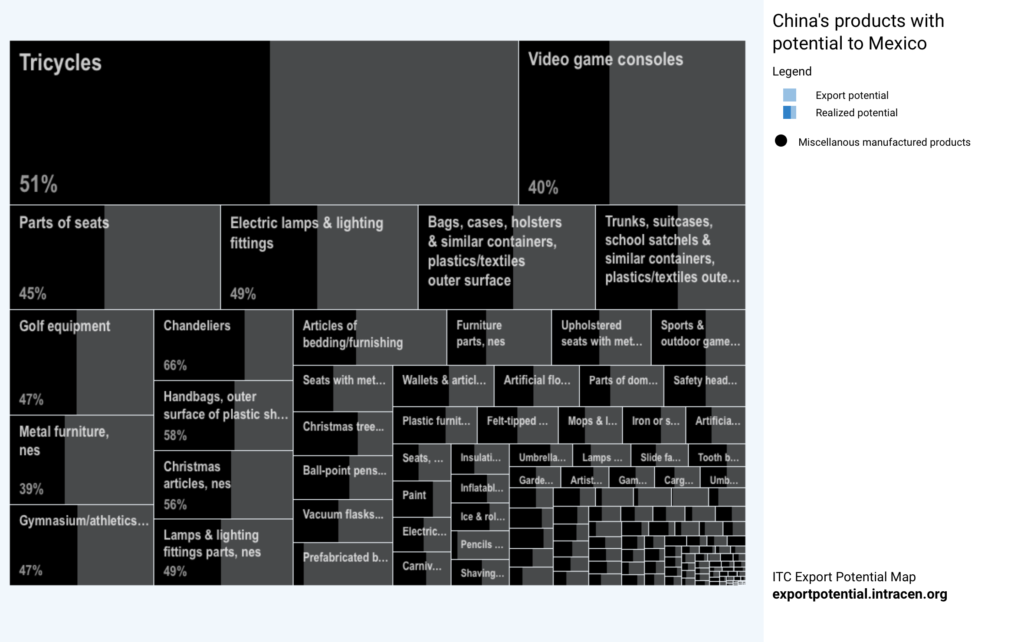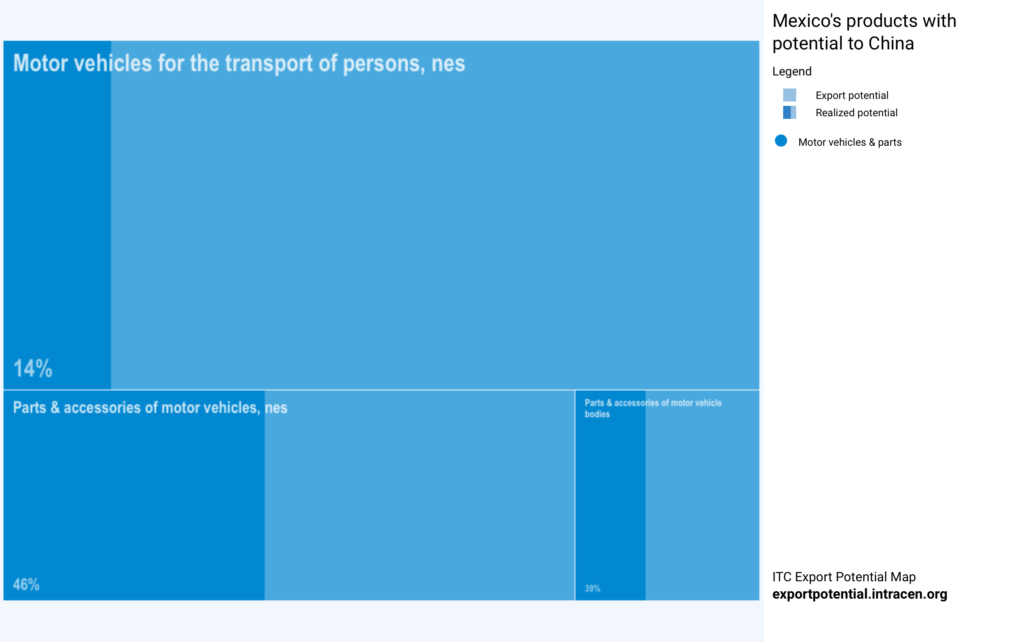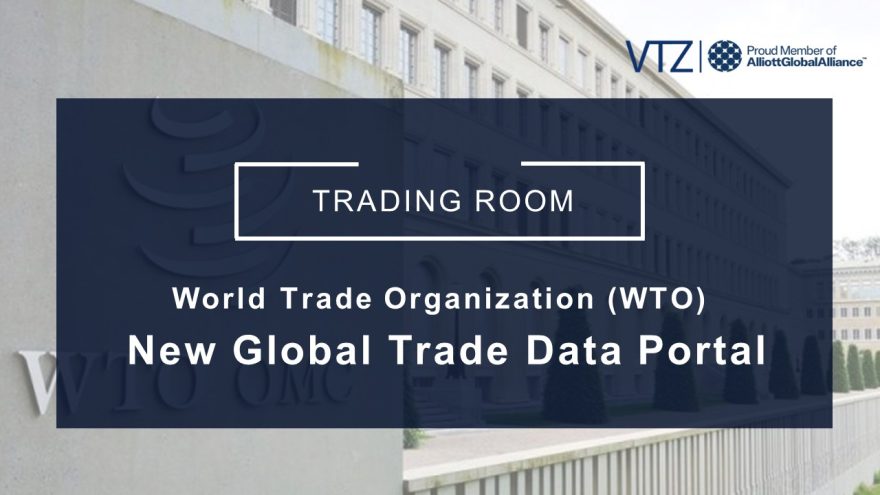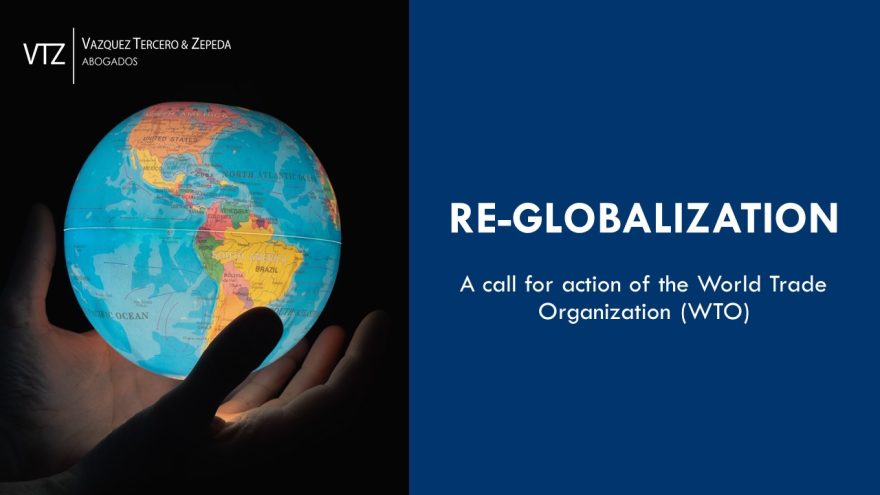The AMLO- Biden Summit
On November 18, 2021, the leaders of the United States, Mexico, and Canada met at the IX North American Leaders’ Summit. This summit was held after having been canceled for about 4 years, a period under the tenure of former U.S. President Donald Trump.
The meeting addressed issues such as migration, climate change, and combating the COVID pandemic. However, a relevant and «controversial» issue was the statement made by Andrés Manuel Lopez Obrador (AMLO), who expressed the need to join economic forces to confront China in market dominance.
Mexico – China Relations
"[...] while Canada, the United States and Mexico represent 13% of the world market, China dominates 14.4% and this gap dates back to just 30 years ago, since in 1990 China's share was 1.7% and North America's was 16%."
Andrés Manuel López Obrador
According to the Mexican president, China’s dominance of the world market could increase to 42% by 2051, leaving the «three amigos» at 12%.
Reactions from China
As a result of AMLO’s statements, the spokesman for the Chinese embassy in Mexico assured that there is no reason to think that China represents a danger or threat to Mexico’s economic growth. On the contrary, he mentioned that through the years there has been a mutual benefit for both economies. In this regard, we wonder if the Mexican President’s statements could have political repercussions on China.
Cumulation of Origin against China?
The former Minister of Economy, Ildefonso Guajardo, commented on the President’s statements. In short, the idea of strengthening the North American regional bloc should include not only the three North American countries but also all those countries that have trade agreements with the United States. This implies that goods originating in such third countries can also be included in the calculation of the regional value content in the USMCA’s origin determinations.
Allowing cumulation of origin would theoretically allow Mexico to substitute certain imports from China with goods originating in America. However, in practice, it is difficult to substitute certain Chinese products in the manufacturing or automotive sector, for example.
Mexico-China Trade
China is Mexico’s second most important trading partner (representing 10.18% of Mexico’s total trade). According to the International Trade Center, China’s manufacturing industry has the potential to export 6.3 billion dollars to the Mexican market, including products such as tricycles, video game consoles, seat parts, among others. It is difficult for any other trading partner of Mexico to have the competitive conditions to substitute products from China.

In turn, Mexico has an export potential of US$3 billion to China in the automotive sector. However, it is difficult for Mexican exports to reach this potential when there are trade and non-trade barriers, such as tariffs and freight.

Latin American Countries
Cumulation of origin would contribute significantly to increasing the total trade of certain Latin American countries. However, we are unaware if the current administration or the Ministry of Economy intends to submit a proposal of cumulation of origin in the short or medium term.
First, we note that the USMCA would have to be renegotiated on matters regarding rules of origin to allow cumulation. Rules of origin are already a rather «sensitive» issue, cumulation of origin makes the subject even more sensitive.
Second, would the United States (and Canada) accept cumulation of origin? We see this as unlikely. In fact, the former Minister recognized that this proposal had already been made in the past. We wonder if the policy to relocate strategic value chains in North America may change the mind of the US government. In any case, let’s see if this matter is included in the USMCA «review» in 2026.
China and CPTPP
Likewise, Mexico’s concern about the growth of the Asian country was not only addressed at the AMLO-Biden Summit, as China’s request to join the Comprehensive and Progressive Agreement for Trans-Pacific Partnership (CPTPP) is also an ongoing topic at the Ministry of Economy.
In light of the recent comments made by the Undersecretary of Foreign Trade, Luz Maria de la Mora, we see it complicated for Mexico to accept China’s request to join CPTTP, although it seems that the Ministry of Foreign Affairs has «welcomed» China. The Undersecretary stated that there will be no special treatment, transitional measures, or exceptions, nor will the standard applied to CPTPP countries will be lowered.
For more information on China’s application to join CPTPP, please see our newsletter on the matter.

Emilio Arteaga
Jr .Partner

Karla Arreola
Associate
Need more information?
VTZ is a specialized firm in International Trade, with a team with extensive experience, contact us for more information.








